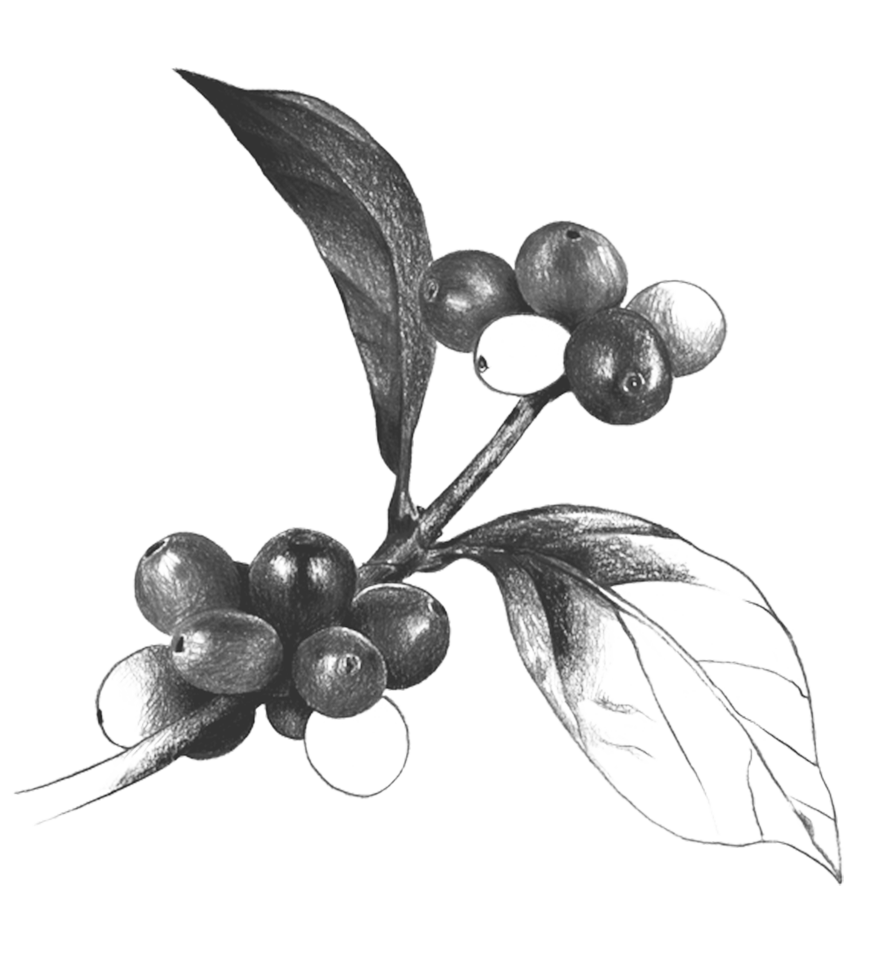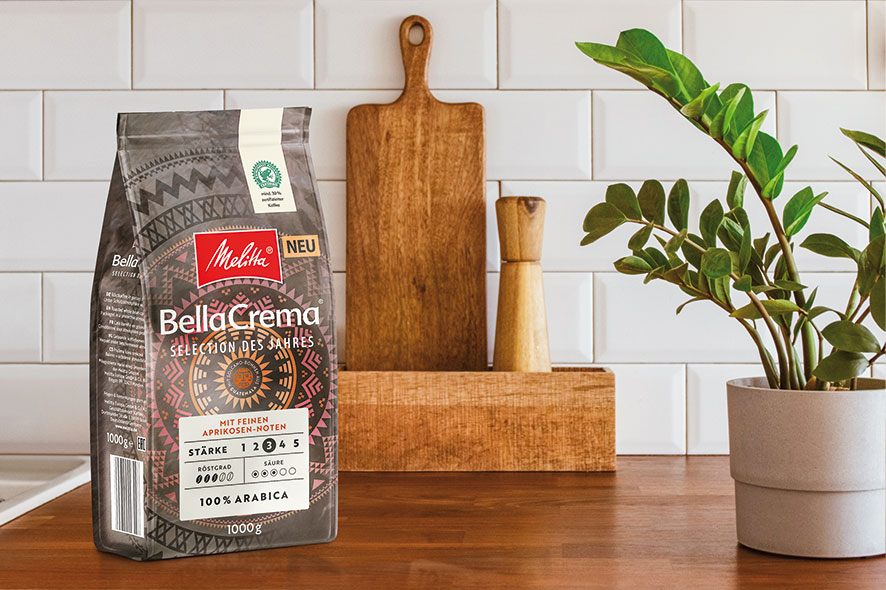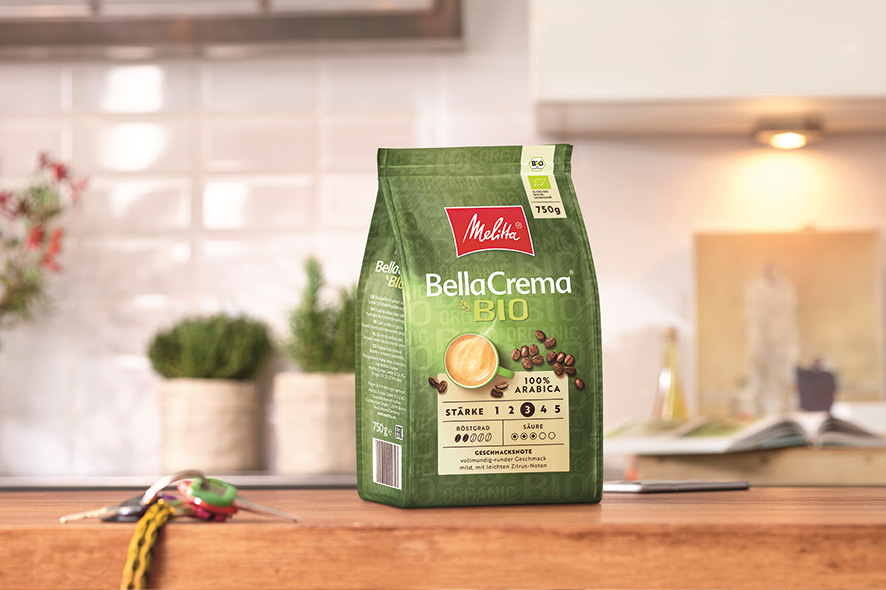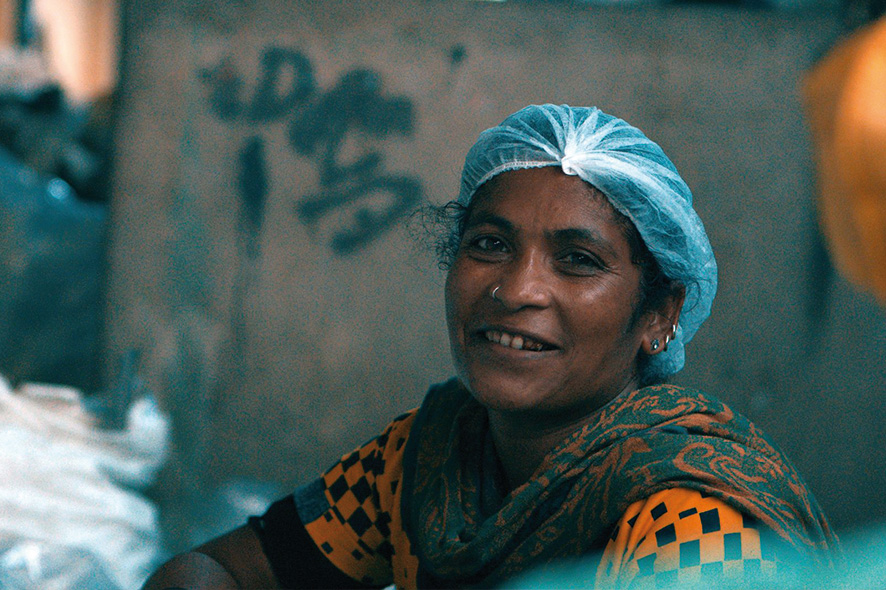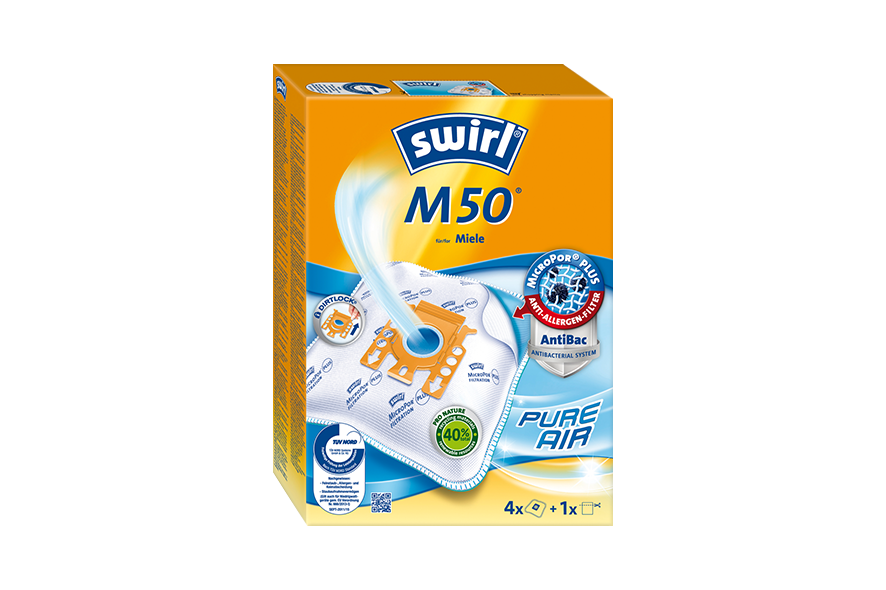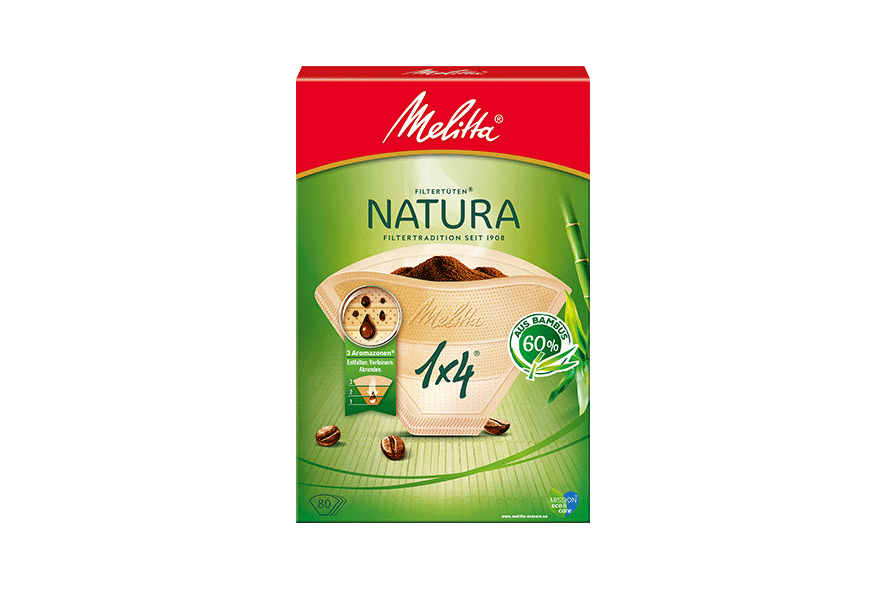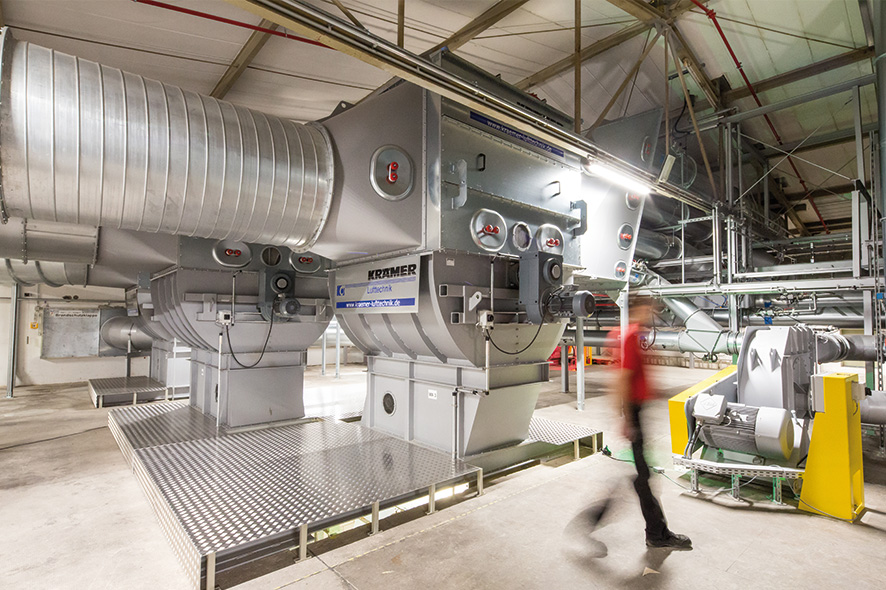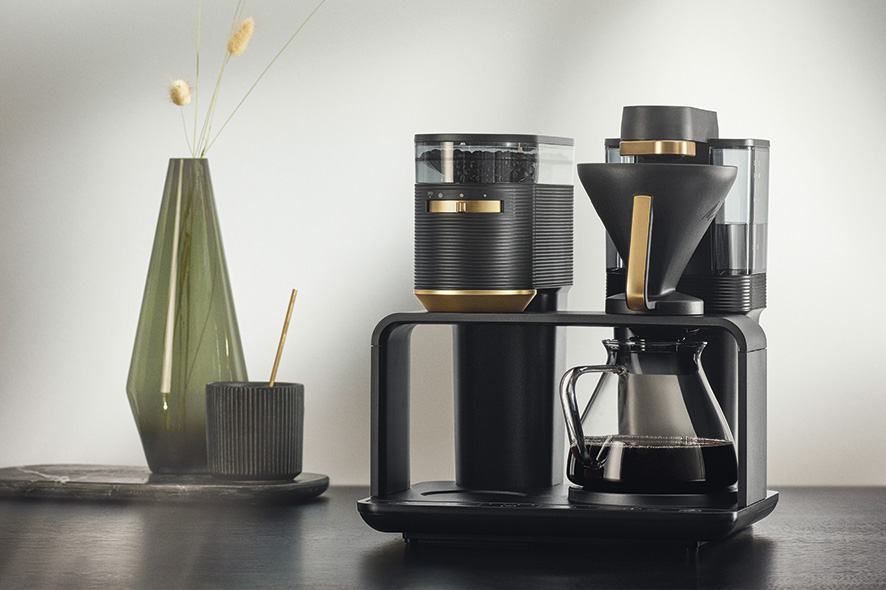Taking responsibility for our actions in all these value creation processes and contributing toward a sustainable development is inherent to our self-image. This applies just as much to the coffee farmer in Kenya and factory worker in China, as to our employees in Germany. And to the cultivation of coffee and processing of wood, as to the use and disposal of plastics and electrical appliances.
Over the coming years, we aim to align our supply chains, our own manufacturing operations, and our products in such a way that they also meet the highest sustainability requirements. We want to combine ecological with social, economic, and societal components and strive to find innovative solutions for sustainable economic models together with our business and cooperation partners. Based on this approach, we have developed pioneering future concepts for our most important value creation cycles:





















